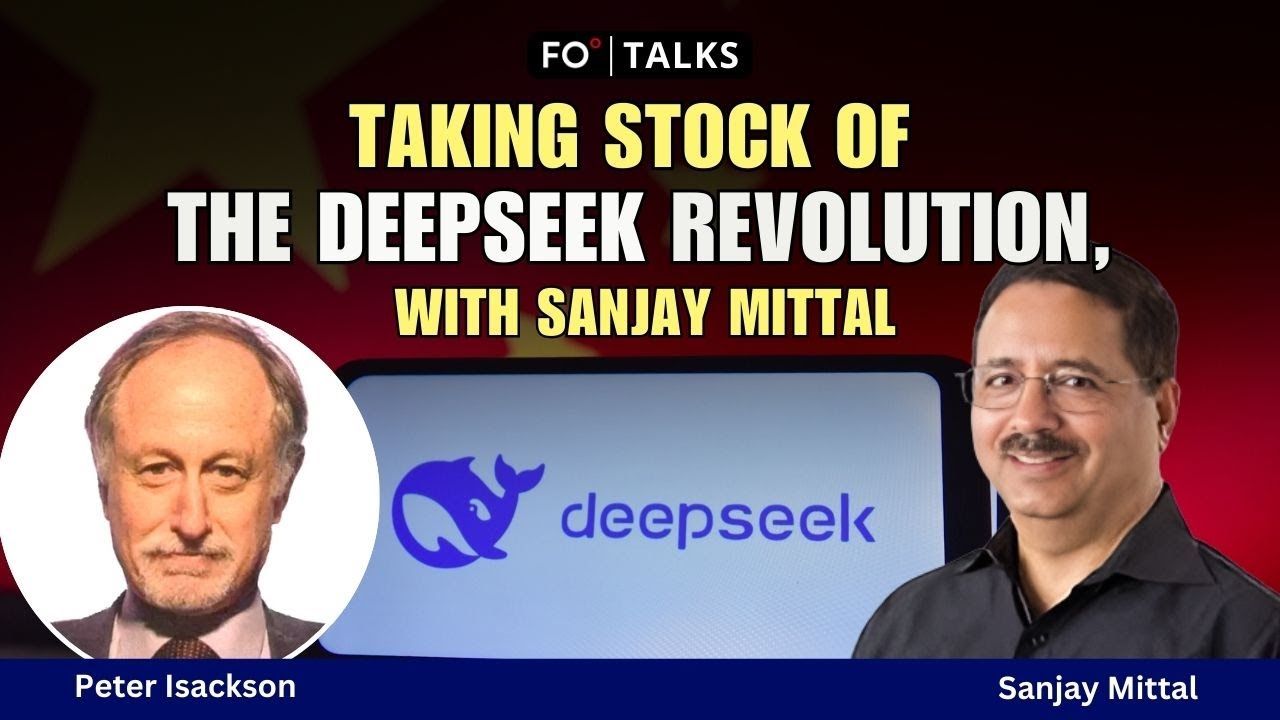Talk of environmental, social and governance (ESG) is in the air. This is a term used by both companies and investors to signal that they are paying attention to sustainability, society and ethics.
The term itself is unclear. No one exactly knows what ESG means. Different people define it differently. Yet companies and investors use the term because it brings benefits.
Arguments for ESG
Companies can often sell more if they label themselves ESG. Customers these days want to make the world a better place and use their purchasing decision to do so. The argument for such use of ESG is simple: it benefits workers, society, the environment and companies themselves.
For investors, the use of ESG helps them diversify their risk and invest in longer lasting stocks. This sort of investing could lead to a world without fossil fuels or plastics.
Arguments against ESG
Yet there are concerns about the use of the label ESG itself. It might not mean a lot. The term itself is inexact and companies self-report, leading to greenwashing. Companies often claim what they are not. The label itself is fake sometimes. This could lead to a culture of dishonesty and even fraud.
The use of the term ESG might actually make customers, companies or investors to believe that they are doing something significant whilst doing little or nothing at all. So, we could actually end up increasing the use of fossil fuels and plastic even as we spout pious ESG homilies.
What is the way forward?
Perhaps the ESG should not be such a catch-all phrase that includes women in leadership roles as well as saving polar bears. More precise goals and practices by companies might lead to much more progress than bandying the ESG term around.
There is also the possibility that ESG could be better defined over time. Standard metrics could evolve that actually give the term meaning and make it a useful term for customers, companies and investors.
The views expressed in this article/video are the author’s own and do not necessarily reflect Fair Observer’s editorial policy.






































Comment